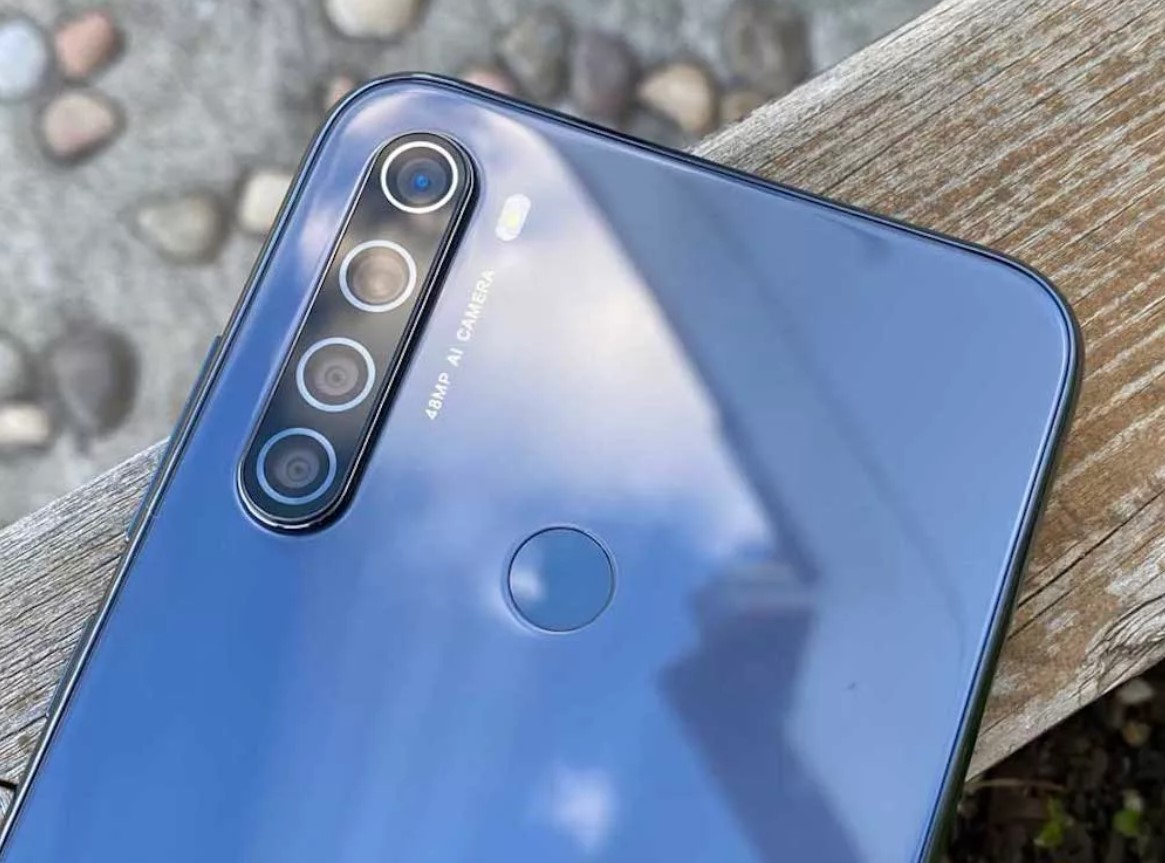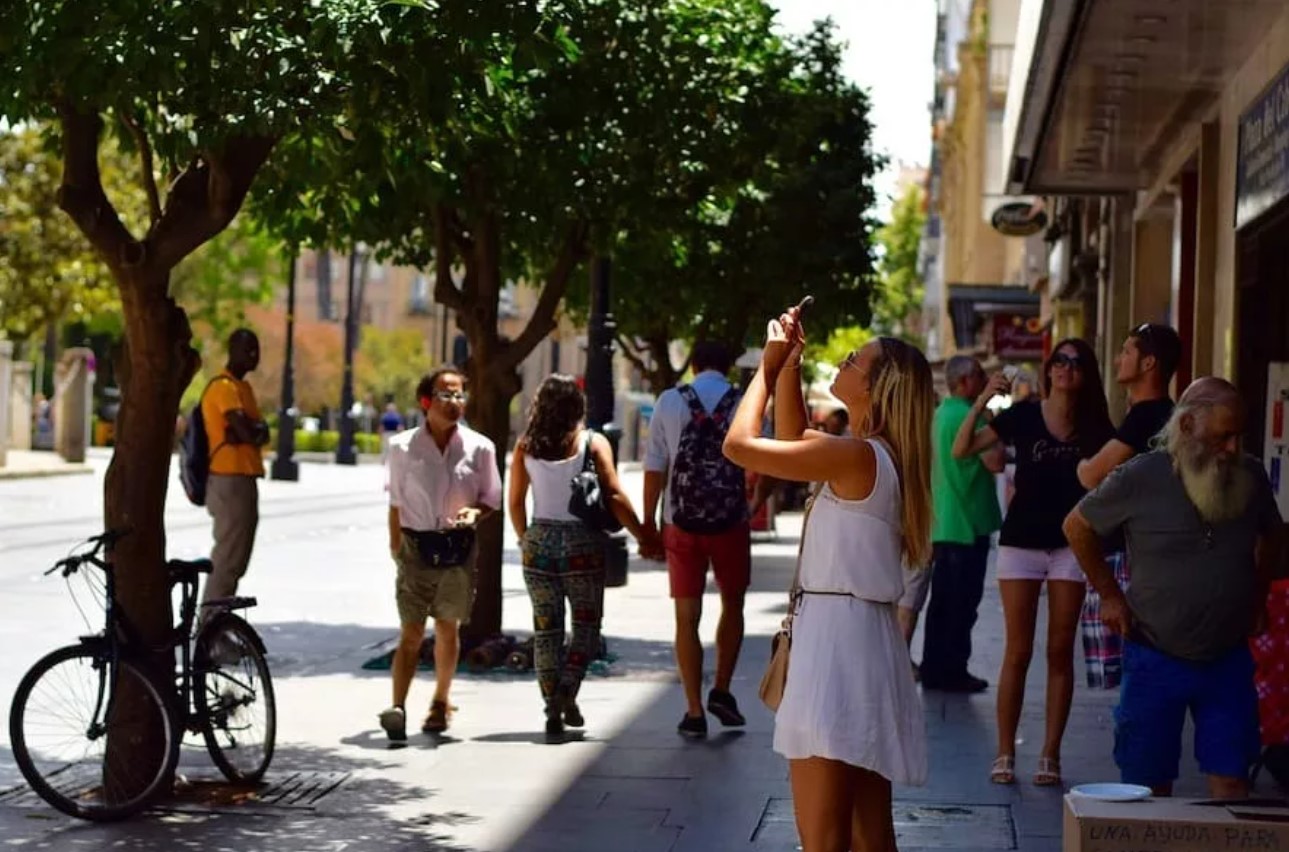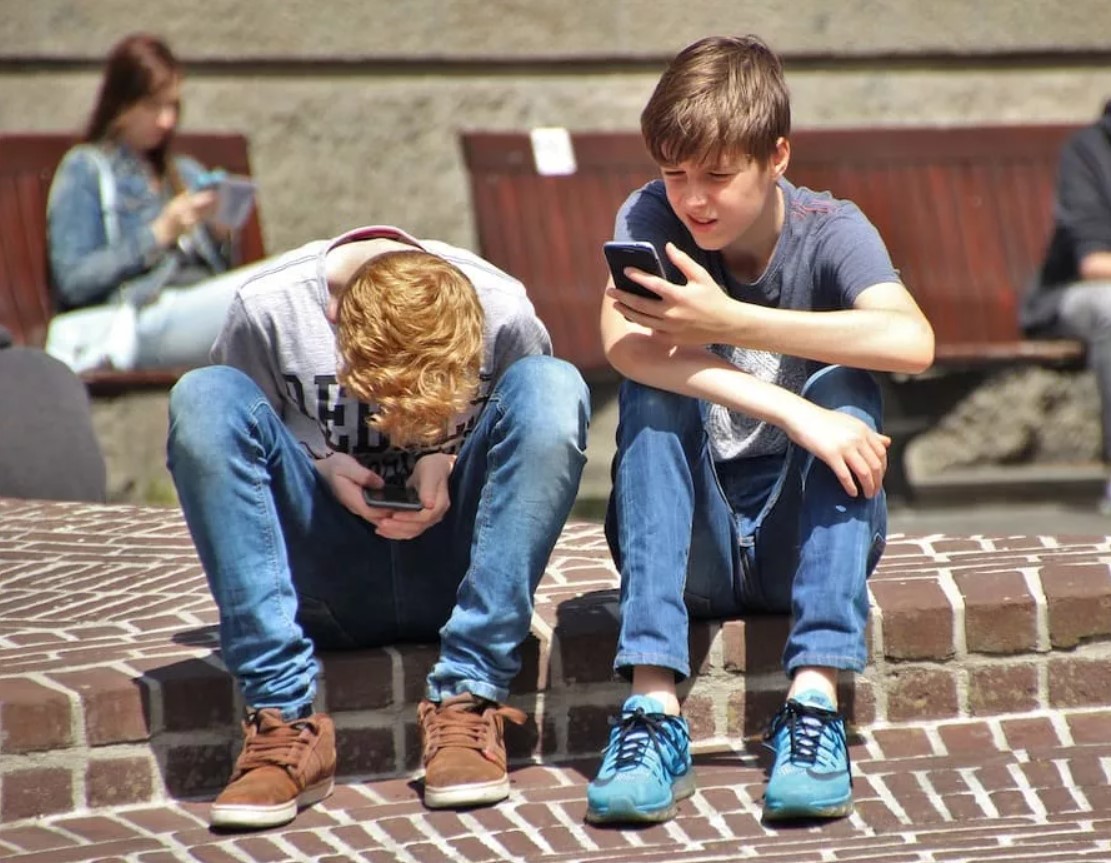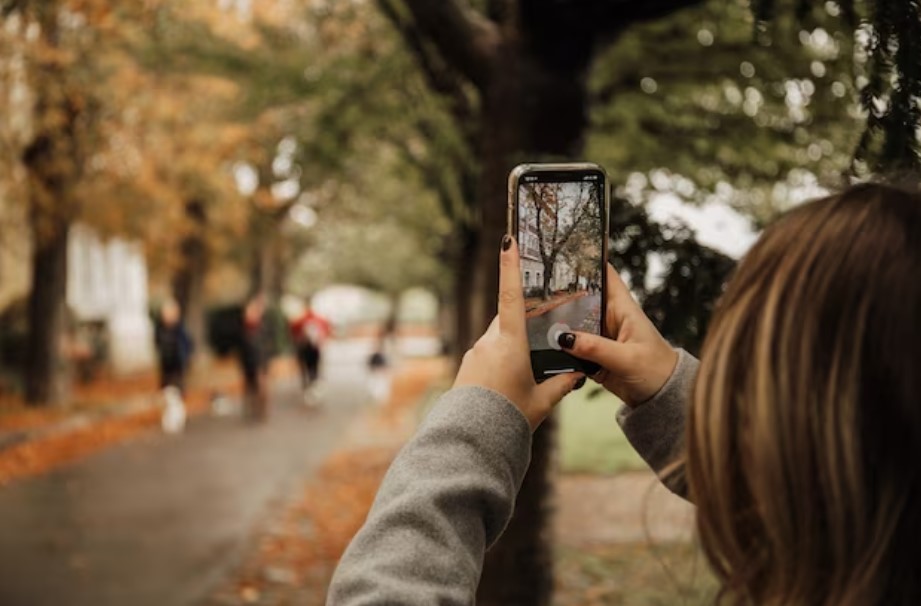
With the recent arrival of the European Data Protection Law in Spain and the rest of the countries belonging to the European Union, many prefer to stay out of it when using private data. Our image is private data, and as personal information that it is, the current law contemplates a series of considerations that have to do with the capture of photographs and images in public spaces (a street, a park, the terrace of a bar…) with a mobile phone or recording equipment.
RECORDING OR TAKING PHOTOGRAPHS ON PUBLIC ROADS IS LEGAL DEPENDING ON ITS PURPOSE
The legality of capturing images of people in public spaces depends entirely on the purpose for which the material is to be collected. To test a button.

Let us imagine that Juan, a freelance journalist dedicated to collecting news to later sell it to information agencies, records a series of plans of the Plaza Mayor in Madrid to accompany a news item of general interest, which will later be televised on several national newscasts. The image shows dozens of people walking down the street with their faces uncovered. Is it legal, or do you need the express consent of the people who appear in the images?
We can affirm, therefore, that the images are perfectly legal as long as they have the purpose of informing and belong to a newsworthy event, and are of informative interest. There are many exceptions, however, that limit this right. Three, to be exact.
- If the capture of images is done for commercial or advertising purposes.
- If the filming is done to reproduce the intimate life of a person.
- If the recording seeks to reveal personal details.
Let’s move on to the second case. Let’s imagine that Pepe, a well-known YouTuber by profession with more than 5 million subscribers on YouTube, records a series of images on the Gran Vía in Madrid to give context to his latest video, which will be exploited for a particular purpose. In the planes, pedestrians appear to be circulating on the sidewalks of the road. Is it legal, or do you need a signed consent?
In this case, Pepe needs the express consent of all the people who participate in the video directly or indirectly, even if the purpose of the recording is not to exploit the filming for economic purposes but is limited to being exposed on social networks or stored in the memory of the recording device.
BEWARE OF RECORDING MINORS
If we talk about minors, the law contemplates exceptions that protect their integrity and image when obtaining images on public roads.

The conclusion, therefore, is that the express consent of the minor’s parents must be requested as long as the minor is under 14 years of age. If the minor is between 14 and 18 years old, the consent will come from the minor himself. The alternative that we can resort to, in any case, is to hide the faces of minors through a mark that prevents their identification.
I AM WITNESSING A CRIME. CAN I RECORD THE PERSON WITHOUT THEIR CONSENT?
A controversial and complex topic has to do precisely with capturing images of crimes that third parties witness.

The latest jurisprudence (Supreme Court Judgment 3585/2016) indicates that the contribution in a trial of recordings of scenes of a private nature made by one of the participants does not violate the right to what is known as the secrecy of communications. In no case will the recording of a foreign activity or situation in which there is no intervention without judicial authorization be admitted as evidence.
Let’s imagine Maria videotapes her boss for alleged sexual harassment at work. Both participate in the conversation, and the images show her boss’s clear consummation of a crime. In this case, capturing images is legitimate and legal, even without prior notice from the person in charge.
Another situation that is far from that of María. Let’s imagine that Antonio is walking down the street and witnesses a fight between a heterosexual couple. Antonio tries to mediate, but the boy attacks his girlfriend and Antonio. Is the test valid? Affirmative. The doubt that the last sentence of the Supreme Court leaves us falls precisely on the legality of the images when the person responsible does not intervene actively in them.
Can Antonio record the scene if he does not intervene in the dispute? The experts are clear: the best thing we can do in these situations is notify the Police or the Civil Guard since the images would not be accepted as evidence. We would probably be committing a crime against the current Data Protection Law.

I am a writer with eight years of experience writing in business and technology. I always carry a passion for learning and discovering new knowledge.

